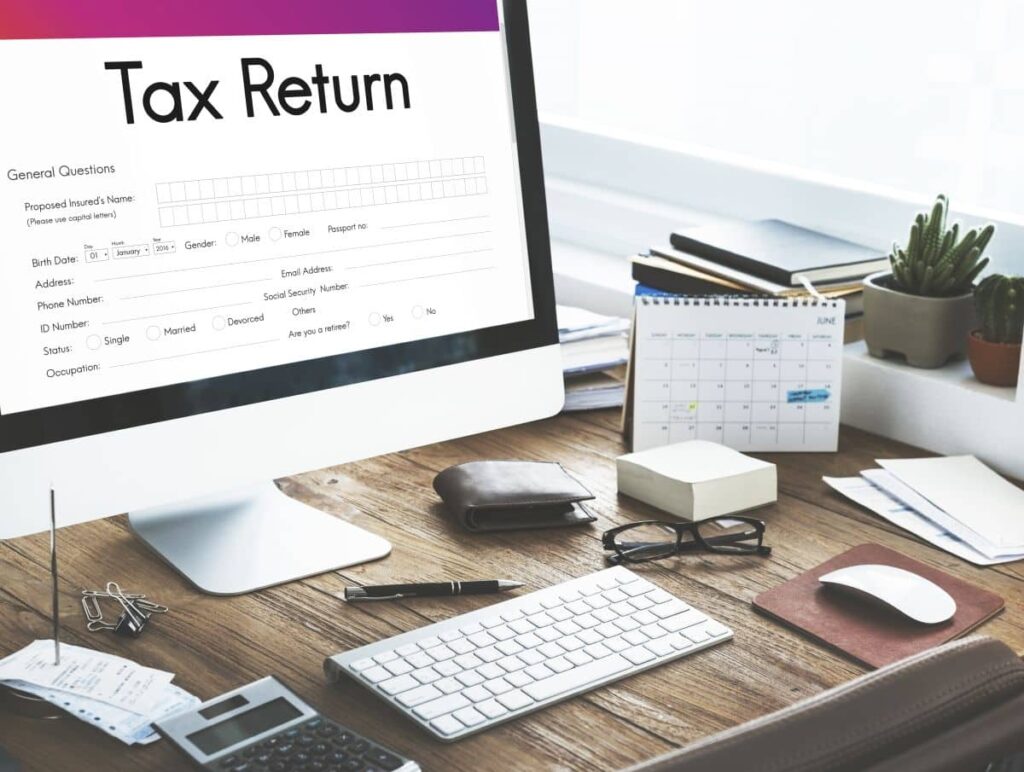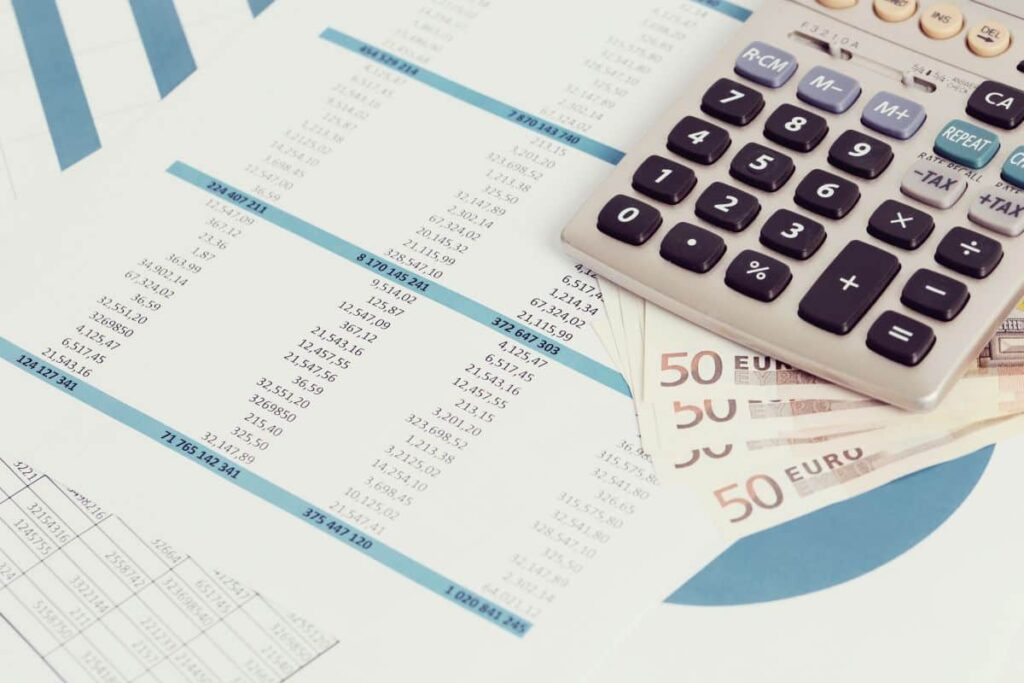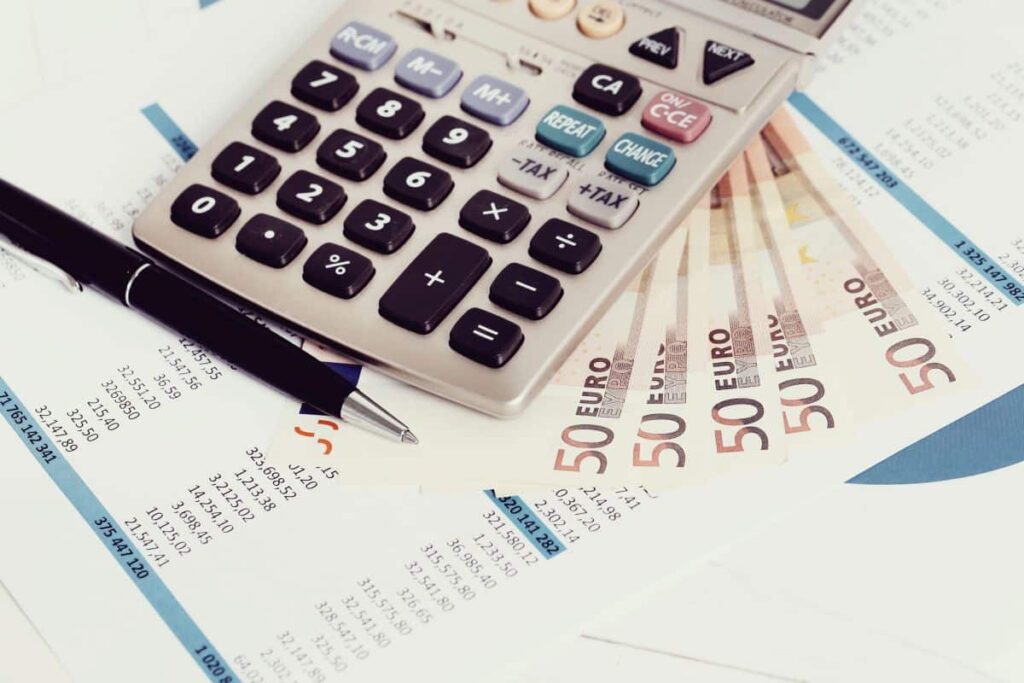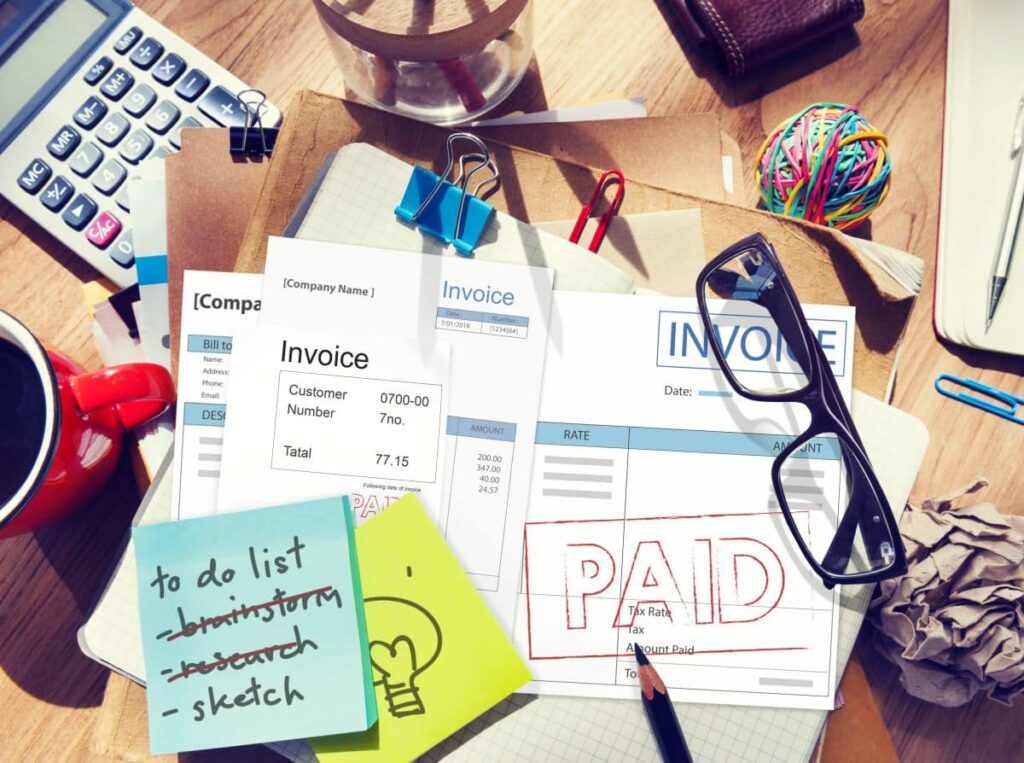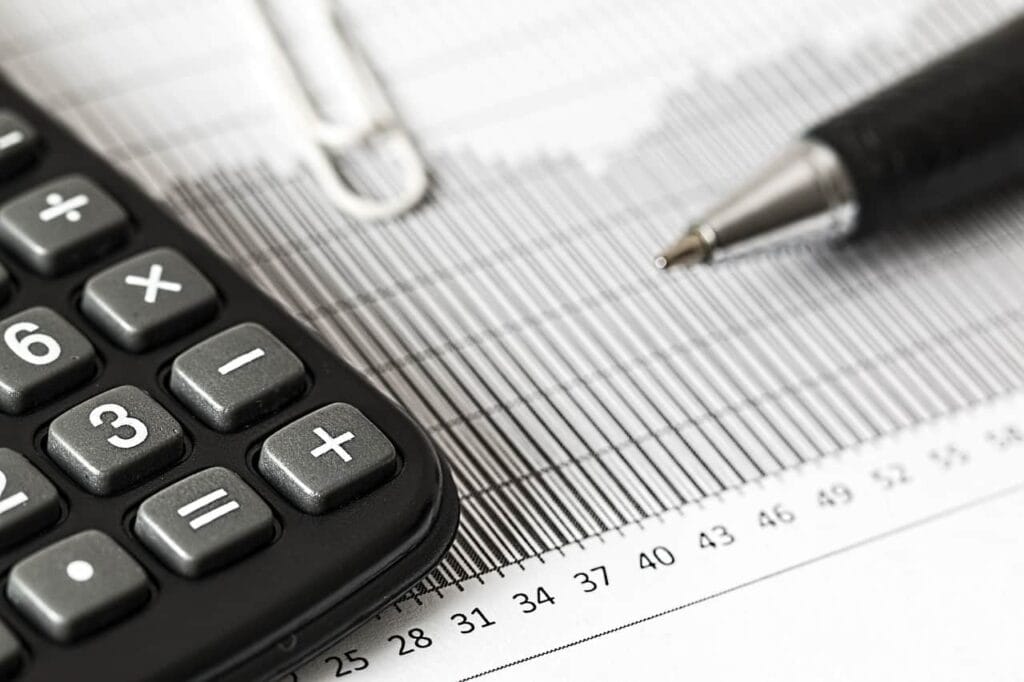Are you an Australian landlord who's a little overwhelmed by the tax implications of owning rental property? With all the rules and regulations, it can be difficult to keep up with, but thankfully there are some benefits as well!
Rental property owners have certain rights to take deductions at tax time that can make a significant difference. You could save thousands of dollars if you understand what expenses are deductible for your investment properties!
In this guide, we’ll provide an overview of all the potential rental property tax deductions available for landlords in Australia. Plus, helpful tips on how to maximise these deductions so that you always get the most out of your investments.
Let's get started!
More Australians Are Becoming Landlords
A significant number of Australians have become landlords by either investing in the acquisition of rental property or by leasing out a portion of or their entire home in a letting arrangement like that of Airbnb. Unfortunately, this number keeps rising, and the Tax Office has warned that it will conduct a thorough investigation into any claims that are submitted by landlords.
Claims fall into two categories: expenditures that qualify you, the landlord, for a tax deduction in the same year that you incur the expenditure and expenditures that can be claimed over a period of years.
Costs that qualify you for a tax deduction in the same year that you incur the expenditure are referred to as immediate write-offs. Your tax preparer or certified public accountant will be able to assist you in determining which of these subcategories your claim belongs to.
1. What you can claim

You are eligible to claim a deduction for a variety of costs that are associated with the operation and administration of your investment property.
On the webpage of the Australian Taxation Office, you will discover a complete list of these things to consider. In the event that your spending on these items is subject to audit, you ought to be certain to save all of the relevant receipts and other proof of purchase documents.
The following is a list of the expenditures that can be reimbursed to landlords:
- Body corporate fees and charges
- Borrowing expenses
- Cleaning, gardening and lawn mowing bills
- Council rates and land tax
- Depreciation on assets like whitegoods and air conditioners
- Advertising for tenants
- Legal and interest expenses
- Insurance (building, contents, public liability)
- Pest control
- Repairs and maintenance, including servicing costs
- Property agent fees and commissions
- Water charges
- Reasonable travel expenses to inspect your property or collect the rent
2. What you can’t claim
The following is a list of examples of expenditures that can't be deducted from an individual's taxes:
- Your personal usage of the rented property will incur additional costs, which will be your responsibility.
- The tenant is responsible for paying all utility bills
- Costs associated with borrowing money, in the event that you have taken out a loan secured by the equity in your investment property for personal use.
- Expenses incurred in connection with the acquisition or sale of the investment property include the following: conveyance fees, marketing expenses, commission paid to the agent, legal fees, and stamp duty on the acquisition and sale.
- Costs that have nothing to do with the rental property itself
3. Apportioning expenses
Keep in mind that if you rent out a room in your home or if your investment property is only accessible for rent during certain times of the year, you will be required to allocate your costs in accordance with this circumstance. You will only be allowed to deduct a proportion of the costs that are associated with the amount of money your rental property brings in.
Rental Property Tax Deductions
1. Interest repayments
You are eligible to deduct the interest paid on the mortgage of your investment property. This is in addition to any other expenses that may be incurred as a result of the loan's servicing.
It is essential to remember that you cannot deduct payments towards the principal balance of the mortgage. The same thing happens if you use any of the loan money for personal expenses. In this particular scenario, any interest repayment deductions that are claimed need to be allocated.
Your accountant should be able to help with this, equipped with the right mortgage broker tools that provide detailed insights into your mortgage and interest calculations, thereby ensuring that your tax deductions are legally maximised.
2. Capital works depreciation deductions
The gradual and inevitable deterioration of a structure and its contents over time is referred to as property depreciation. You are eligible to claim this depreciation as a tax deduction because you are the owner of an income-producing property.
Deductions for capital works are an element that can be included in a depreciation claim. These deductions pertain to the construction of the building as well as any other fixed assets. Examples of typical capital works are the tiling, roofing, doors, and walls of a building.
Over the course of the property's entire existence, improvements to the building can be written off at a rate of 2.5% every year (40 years). The proportion of a claim for total depreciation that is comprised of capital works is typically between 85 and 90 per cent.
While managing your capital works deductions, remember that the initial costs incurred during the property settlement phase—such as legal fees and stamp duty—are not deductible. These are part of the property's cost base which affects the calculation of your capital works deduction and should be carefully recorded at the time of purchase.
3. Plant and equipment depreciation deductions
Plant and equipment deductions make up the second portion of a depreciation calculation. These deductions pertain to assets that can be quickly removed or that are mechanical. Rugs, blinds, and hot water systems are examples of typical assets that fall under the category of plant and equipment.
The deductions for the depreciation that apply to plant and equipment assets function substantially different than those that apply to capital works. The effective life rate of a piece of plant or equipment is used to calculate the plant and equipment deduction, which can be calculated using the prime cost technique, the decreasing worth method, the low-value pool, or as an instant deduction.
4. Insurance
Safeguarding your investment property from underinsurance is a vital step. When you own rental property, the two types of insurance that are most frequently required are landlord insurance and building and contents insurance.
Your insurance costs are tax deductible. When you pre-pay for your insurance, you have the option of submitting a claim for a refund within the same calendar year.
5. Repairs and maintenance
Large tax deductions may be available to you for the upkeep and repairs that you carry out on your rental property.
The work that is done to repair damage or degradation of a property is referred to as repairs. Examples of repairs include repairing a section of a rusty gutter or a broken fence. In the meantime, maintenance refers to the labour done to a property in order to keep it from being damaged, like varnishing a deck.
It is essential to have a clear understanding of the distinctions between maintenance, enhancements to capital, and repairs. For example, when the quality or value of an item is enhanced beyond what it was in the beginning, this is referred to as a capital improvement.
Retiling a bathroom is a popular example of a capital improvement that would have to be depreciated as a capital works deduction because the ATO requires it.
6. Body corporate fees
You are eligible to deduct the fees paid to the corporate body if the rental property you own is located inside a strata.
You are not permitted to submit a separate claim for these expenditures if a portion of this fee covers the cost of maintaining and cleaning communal facilities like the gym or the garden.
7. Property management fees
It is usual to practise keeping a rental property maintained by a trained professional in property management. Therefore, you will have access to a professional property manager as part of this agreement. This manager will handle responsibilities such as conducting inspections, organising leases, placing advertisements, and mediating conflicts.
The costs connected with hiring a property manager can be deducted from your taxable income. You are also allowed to claim the costs connected by calling or emailing them on your own time.
8. Cleaning expenses
You may be required to have your rental property cleaned on a regular basis, either as a requirement of the lease agreement or after a tenant has vacated the premises. You are able to deduct these costs associated with cleaning from your taxable income.
The same principle applies if you bought cleaning supplies with the express intention of cleaning the rental property on your own. The price of the cleaning supplies can also be deducted from your taxes; nevertheless, you cannot deduct the value of your own time spent cleaning.
9. Council rates
The total amount of the local government and council rates that you pay during the time that your property is available for rent is deducted from your taxes.
These are regarded as continuing costs that are incurred in the process of obtaining rental revenue by the Australian Taxation Office (ATO). The same holds true if your city or town council requires a yearly contribution to emergency services.
10. Gardening and lawn mowing
If the upkeep of your property's garden and lawn is included in the lease agreement, then you are eligible to claim any costs involved with performing these duties as a tax deduction. This involves hiring a company to provide professional services such as lawn mowing and garden maintenance.
11. Advertising fees
Promoting and marketing your rental property is typically required in order to find suitable tenants for it. If you handle the organisation of this yourself, you are eligible to receive reimbursement for any costs associated with doing so.
However, if the property management company is managing the rental on your behalf, you are not permitted to make a claim for any independent advertising that they may have carried out. This is because the fees that they charge for property management typically include this cost.
12. Travel
If you're in the industry of renting residences, you are the only type of company that can usually claim travel costs. Therefore, the ATO restricts the ability to claim travel expenditures to only the following types of entities:
- tax entity that is a corporation
- a pension or retirement savings programme that is not its own self-managed superannuation fund
- public unit trust
- trust depository for managed investments
- unit trust or a partnership in which each participant is an entity of one of the types specified above.
13. Water charges
You can deduct the cost of any water bills that you have to pay for the property from your taxes. Even if the tenant is responsible for paying for the water usage, you can still make a claim for the costs that you directly incur, including the annual service charge and any sewer service fees.
14. Pest control
Fleas, cockroaches, mice, and even ants are all examples of household pests.
A lease agreement is a typical place to look for information regarding who is liable for pest control. When you are accountable for the property's pest management, the costs you incur are deductible from your taxes.
15. Utilities
There is a correlation between including utilities in a lease agreement and increased demand for renting space at a given location. You can deduct the cost of any utilities that you provide and pay for, including the energy and internet service.
16. Legal fees
Only a portion of a client's legal expenses can be deducted from their taxes. Legal fees that are directly related to the rental activity are the only ones that can typically be deducted from taxes. You may make a claim for the costs of going to court, for instance, if the tenant caused deliberate harm to the property and you took legal action against them.
If your legal costs are considered capital expenses, you won't be able to deduct them from your taxes right away.
If you want to recall what a capital cost is, the simplest way to do so is to think of it as the expenses linked with the purchase of the property, like stamp duty.
Any legal fees incurred in connection with the purchase of the property are not tax deductible; rather, they are considered part of the property's cost structure.
17. Tax depreciation schedule and accounting fees
When one owns an investment property, the amount of paperwork and time spent tracking income and costs might be substantial. The least difficult and most stress-free method to approach this situation is to hire an accountant to handle it all on your behalf.
When calculating the annual amount of your depreciation deductions, your accountant consults a tax depreciation schedule that a qualified quantity surveyor developed on your behalf. Both the fees paid to your accountant and those paid to the tax depreciation schedule can be deducted from your taxable income in the same year that they were paid.
18. Refinancing costs
Because interest rates are at all-time lows, a growing number of property owners are shopping around for better mortgage terms.
Suppose you own an investment property. In that case, you have the right to claim any administrative charges connected to refinancing the mortgage on that property. There are many different kinds of fees, but prominent examples include loan set-up fees, early discharge expenses, and break fees. The types of fees vary from supplier to supplier.
19. Land tax
When you possess a property (that is not your primary residence) that is valued at more than the threshold amount for land tax, you are required to pay land tax on an annual basis.
You are eligible to take a tax credit for the land tax that is paid on the investment property you own every year. Because the amount of land tax, when it is payable, the threshold, and the exemptions and concessions that are available all vary between states and territories, it is essential that you review the laws that pertain to you specifically.
The only non-cash deduction that property investors can take advantage of is called depreciation.
Are You An Airbnb Host?
Additionally, the income you receive from renting out a property through Airbnb is considered taxable income. In the end, it is a piece of real estate that you've promoted to the general public.
The Australian Taxation Office can challenge your claim for a deduction, mostly due to the fact that you're not collecting commercial rent. This scenario frequently arises if the business endeavour is producing a negative profit.
Nevertheless, you should never waver in your conviction that you are eligible to claim the deduction. You are allowed to deduct any and all costs that you incur to earn rental income through Airbnb. The situation is comparable to owning a rental property, which has already been covered in the prior sections.
In most cases, you are eligible to deduct all of the costs associated with a property if the property is rented out in its entirety. In the meantime, if you simply rent out a part of the house, you will need to figure out how to proportion the costs. There are three distinct classifications for expenditures:
- There is a clear correlation between the property that you possess and the expenditures. Therefore, they are eligible for a complete deduction.
- The expenses are due to the use of common facilities, such as homes in which individual rooms are rented out (as opposed to the entire house). The deductions will be distributed.
- Expenses that are connected to your private home area in any way cannot be deducted.
As is the case with conventional rental properties, the following costs related to your Airbnb property are tax deductible:
- Depreciation of the various pieces of furniture that are already in the room that is being rented
- Restoration and mending of things
- Providers of cleaning services
- Supplies of food, including breakfast items, for those staying at the property
- You should invest in professional pictures for your Airbnb listing.
If you and the Airbnb renters share the house, you will have to keep track of your personal spending in a separate place from the rent for the rented space. It is common to practise calculating the share based on the total square footage of the space that is rented out through Airbnb and to disregard the remaining portion of the property.
Selling A Rental Property

When you sell or otherwise dispose of a rental property, you almost certainly will either make a profit or incur a loss in the form of a capital gain. In principle, you will be required to pay capital gains tax if you have a net capital gain during a given tax year. However, when you incur a net loss on an investment, you can carry that loss forward and deduct it from any future gains you earn on an investment.
The difference between what it costs you to acquire and improve the property (known as the cost base) and what you get when you sell or otherwise get rid of the property is what is known as a gain or loss in capital. The cost structure of the property does not include any amounts that you have previously claimed as a tax deduction or that you can claim.
The initial purchase price of an asset is typically considered to be its cost base for purposes of the capital gains tax, or CGT. However, it also incorporates a number of other expenses that come into play during the buying/acquiring, holding, and selling/disposing phases of the transaction.
If you bought the house before September 20 1985, when CGT became law, you could overlook any potential gains or losses from the sale of the property. However, even if you bought the property before September 20, 1985, it is possible for you to record a gain or loss on the sale of the property based on capital enhancements that have been completed following that date.
Frequently Asked Questions
| Taxable income | Tax on this income |
|---|---|
| 0 – $18,200 | Nil |
| $18,201 – $45,000 | 19c for each $1 over $18,200 |
| $45,001 - $120,000 | $5,092 plus 32.5c for each $1 over $45,000 |
| $120,001 – $180,000 | $29,467 plus 37c for each $1 over $120,000 |
If you rented out part, or all, of your home, the rent money you received is assessable income. This means: you must declare the rental income in your tax return. you can claim deductions for associated expenses, such as part or all of the interest on your home loan.
You earned less than $18,200, but paid tax on your income
Even though you earned under the new tax free threshold, as you paid tax on your income during the year, you should lodge a tax return. In this situation it's likely you may get all of the tax you paid throughout the year back after you lodge your tax return.


